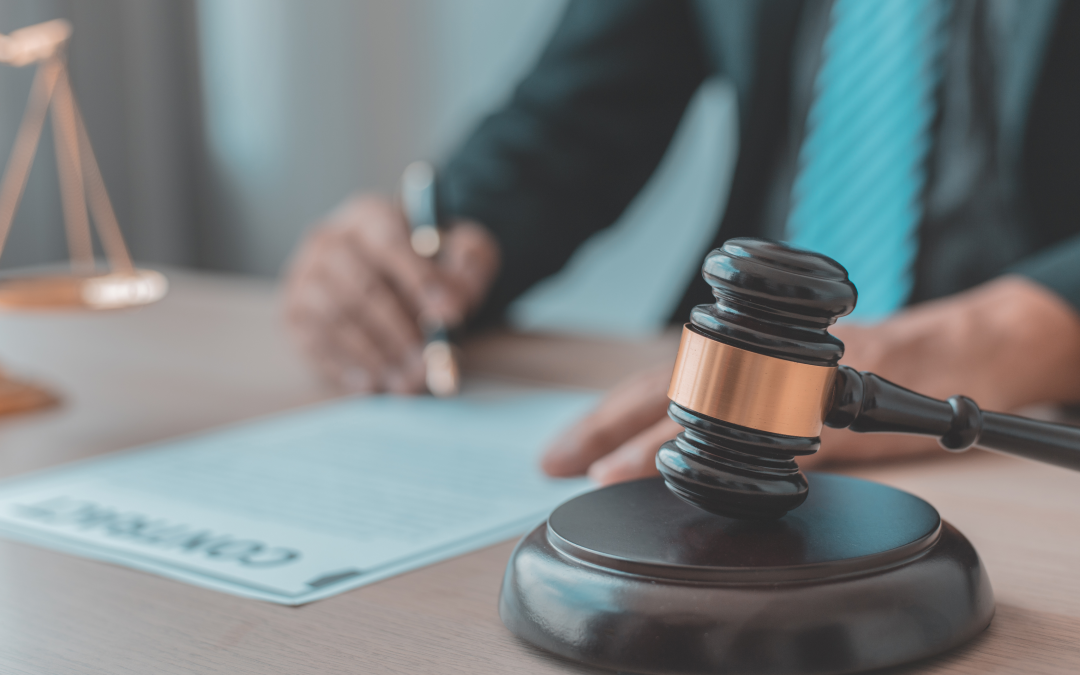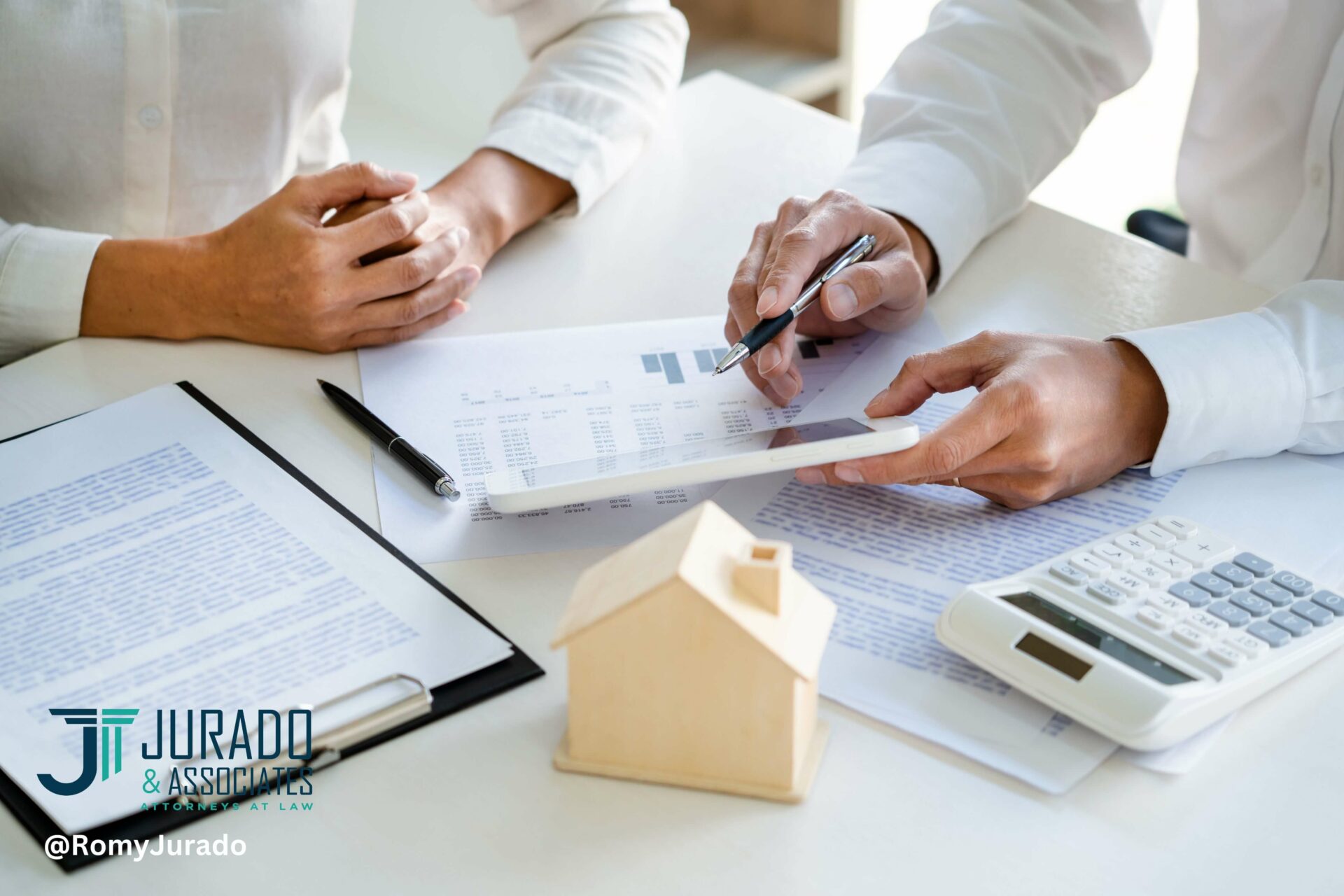In Florida, if the owner of a property fails to pay the owed amount to construction service providers or material suppliers, the injured party has the right to file a claim against the property. In this article, you will discover which types of construction improvements create a lien in Florida.
Who Can File a Construction Lien Against Property in Florida? – Understanding the Concept
Under Florida Statutes §713.01 (18), different categories of professionals are entitled to file a lien against a property. In the event of nonpayment, a lien may be filed by:
- “A contractor
- A subcontractor
- A sub-subcontractor
- A laborer
- A materialman who contracts with the owner, a contractor, a subcontractor, or
- A professional lienor under Fla. Stat. §713.03″
The same statute adds that a lienor (person holding the lien) can be someone “who has a lien or prospective lien upon real property under this part and includes his or her successor in interest.”
What Construction Improvements Create a Lien in Florida? – Taking a Closer Look
Florida Statutes 713.01 (15) defines the term “improvement” as “any building, structure, construction, demolition, excavation, solid-waste removal, landscaping, or any part thereof existing, built, erected, placed, made, or done on land or other real property for its permanent benefit.”
Under Florida Statutes §713.04 (1), “the work of making the real property suitable as the site of an improvement shall include but shall not be limited to:
- The grading, leveling, excavating, and filling of land, including the furnishing of fill soil
- The grading and paving of streets, curbs, and sidewalks
- The construction of ditches and other area drainage facilities
- The laying of pipes and conduits for water, gas, electric, sewage, and drainage purposes, and
- The construction of canals and shall also include the altering, repairing, and redoing of all these things”
Within state jurisdiction, any permanent addition to a piece of real estate is considered an improvement. From the viewpoint of courts in Florida, items that are not permanent cannot create enforceable liens.
For example, state courts have held that different services provided on behalf of a condominium association are not considered lienable improvements, such as:
- Residential cleaning
- Maintenance
- Concierge services
It is possible to find evidence in Florida case law showing situations where the court considered a lien fraudulent due to the inclusion of items that are not lienable, such as HOA’s fees, utility charges, and pool/lawn maintenance charges.
Do Lienable Construction Improvements Add Value to Real Property in Florida? – A Realistic Overview
In Florida, courts decided that they are not responsible for assessing the relative advantage of structures built on land to determine whether a lien is enforceable. Courts have used a strict interpretation that only permanent additions to real property are lienable – regardless of the alleged benefit of an improvement.
Potential lienors and property holders should diligently consider whether a lien associated with a certain improvement is enforceable. Consult with an experienced Florida attorney for an individual assessment.
Lieanable vs. Nonlieanable Construction Improvements in Florida – Immediately Contact Attorney Romy B. Jurado Today
Waste no time with uncertainty – get in touch with Attorney Romy B. Jurado by calling (305) 921-0976 or emailing [email protected] to schedule a consultation.





